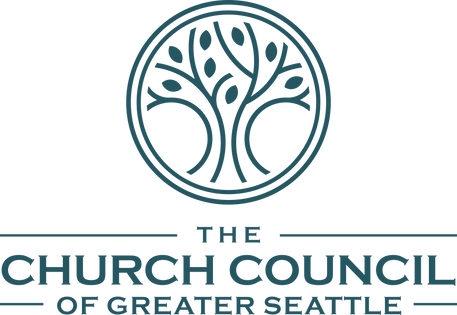January 2023 Accompaniment Updates
Number of Completed Accompaniments
1 Ankle Bracelet Monitoring Appointment
1 Immigration Court
1 Consulate/Passport Appointment
2 Community Resources provided
1 WA Department of Licensing Appointment
Community Member Stories
“This is extremely stressful, one doesn’t know what to do, where to go, but just having someone to talk to that can be in this with me is already enough support.”
This community member spoke on the barriers immigrants face when facing the system, how frustrating it is trying to figure out what to do, trying to understand how the system works, and on top of everything having to navigate the system virtually is an additional barrier. They said this program is very much needed and appreciates all the support we’re able to give.
We have been accompanying this community member for approximately two-years as they navigate the Justice System seeking a Family Parenting Plan from a partner who has a domestic violence no contact order for the safety of themselves and their family as their child was sexually assaulted. They have been battling mental health issues, have physical mobility barriers, and have continuously been fighting everyday to give their children a better life. They’ve been moving from domestic violence shelters to transitional housing, and finally got their own place. These last two years, they have been navigating the justice system with no legal representation and no firm understanding of the legal system until recently. They got an attorney but the attorney has not been responsive, informative, or communicative. This community member feels immensely stressed. As we accompany folks, legal representation makes a huge difference in their case. As much as it is important to get folks legal representation, it is just as important, or even more important to get the right legal representation.
Immigration System Learnings
An Accompaniment Volunteer witnessed on several occasions in the Seattle Immigration Court that only
restricted language interpretation was provided. The hearings in question were in removal/asylum cases, but were not final hearings on the merits. Only at times when the judges were directly speaking with the community member did the interpreters translate what was being said. At all other times — including when the judge was speaking in English on matters directly pertinent to the immigrant’s case with attorneys (such as the DHS attorney, who represents the opposing party) or with court staff — the interpreters remained silent. This has been observed before with two different judges and two different interpreters. The judges at no time prompted the interpreters to translate these portions of the proceedings.
An Immigration Attorney from NWIRP found the practice “very troubling” and suggested writing a letter to the Court Administrator or Assistant Chief Immigration Judge. A letter from CCGS and JCIJ-NW, with a cc to NWIRP has been sent to the Assistant Chief Immigration Judge and Court Administrator at the Seattle Immigration Court requesting a meeting to discuss these matters.
The Executive Office for Immigration Review’s Plan for Ensuring Limited English Proficient Persons Have Meaningful Access to EOIR Services provides: Within a year of adopting the LAP [language access plan], EOIR will ensure that when an interpreter is present at an immigration proceeding, the interpreter will provide a full and complete interpretation of the proceeding. From further research, it seems that Language Access in Immigration Courts has been a continued issue the courts are trying to solve.
This Accompaniment Volunteer not only witnessed a due process concern in the Seattle Immigration Courts, but raised the concern and reminded us why accompaniment is vital in accompanying our community navigating the immigration system and of the collective power we have in our community.


